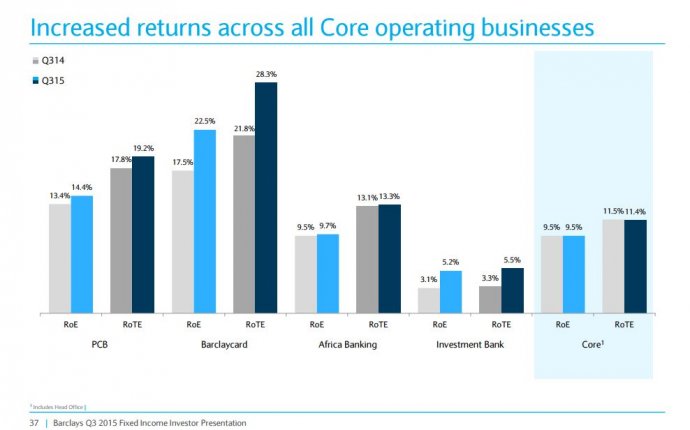
Why work for Barclays investment Banking?
Graduates with a good understanding of their chosen business area and role at Barclays have a higher chance of being offered one of the bank’s trainee positions. This is because they’ll be equipped to convince recruiters that they truly want the job and have the required competencies to do it.
Carry out thorough research
The bank recruits graduates into six broad business areas subdivided into business units:
- Banking (subdivided into global finance and risk solutions, corporate finance mergers and acquisitions, and financial institutions group)
- Markets and research (sales, trading, research, quantitative analytics, trade capture team, and structuring)
- Technology
- Barclays UK (business banking, consumer banking, wealth management, and Barclaycard)
- Corporate banking
- Group functions (compliance, finance, human resources, marketing, risk, and treasury)
Research the business area
Job titles in Barclays’ job search are identified by title such as ‘2017 markets trade capture team summer internship London’ – so you’ll need to research the ‘markets’ business area of the Barclays site and also how the bank describes its trade capture work. But the search results also note job functions – for instance, ‘investment banking’ is referenced against ‘2017 banking off-cycle internship programme analyst London’.
There’s a description of the six divisions in the business areas section of the bank’s website. Read the one for your chosen division, but, as some descriptions are light on detail, it’s essential your research doesn’t stop there.
Check out Barclays on YouTube
Barclays’ early careers and graduates channel on YouTube is a useful source of information. It features short videos in which current hires at Barclays discuss aspects of their chosen business area and role. The videos naturally have an air of ‘Barclays is a wonderful place to work’ but you should focus on the facts about the scheme that support your application.
Making notes on the following would be useful at this stage:
- typical projects that people in the department work on
- the skills and competencies you need to succeed in the role
- the day-to-day requirements of the job
- who you’d be working with – colleagues, clients and otherwise
- the training and development opportunities









